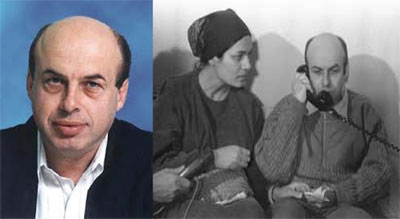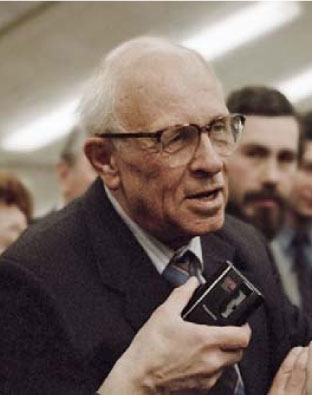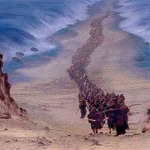The famous personality of the “public” story is Anatoly (Natan) Sharansky. He first became involved in the Soviet Jewry national movement in the early 1970’s. In parallel he became an activist in the human rights movement, led by the prominent physicist and dissident Andrei Sakharov. Soon Sharansky grew to be an unofficial spokesperson for both movements. He also became one of the founding members of the Moscow Helsinki Group which united various Soviet dissidents.
The dissident human rights groups, by focusing on the issue of emigration, triggered the process that ended with the U.S. Congress’s 1974 approval of the famous Jackson-Vanik amendment linking freedom of emigration with preferential rights in trade with the USA.
Natan Sharansky wrote in his 2004 book The Case for Democracy:
“…Kissinger saw Jackson’s amendment as an attempt to undermine plans to smoothly carve up the geopolitical pie between the superpowers. It was. Jackson believed that the Soviets had to be confronted, not appeased.

Andrei Sakharov was another vociferous opponent of détente. He thought it swept the Soviet’s human rights record under the rug in the name of improved superpower relations….
One message he would consistently convey to these foreigners (the press) was that human rights must never be considered a humanitarian issue alone. For him, it was also a matter of international security. As he succinctly put it: “A country that does not respect the rights of its own people will not respect the rights of its neighbors.”


Leave a Reply